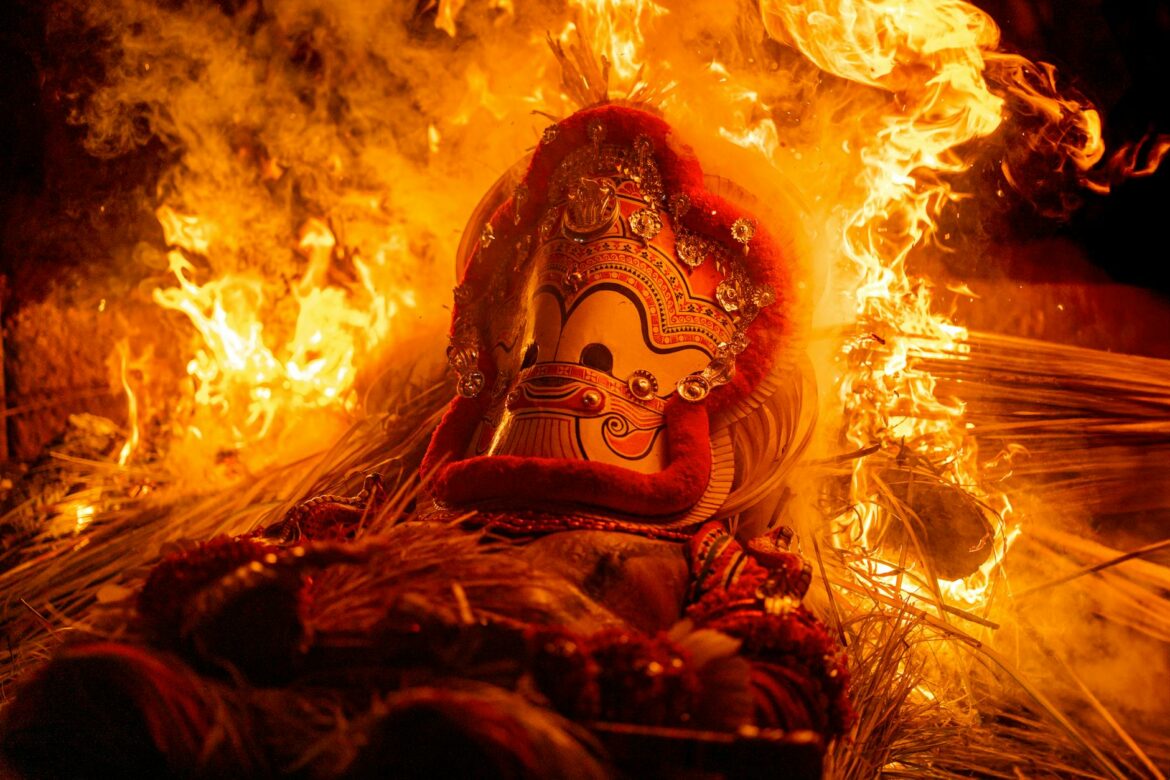On a brisk autumn afternoon, a crowd gathered around a glowing screen, tension palpable in the air as a familiar voice echoed through the venue. “Let’s take this home!” it urged. The cheers crescendoed, igniting a fiery spirit among the spectators. In that moment, it wasn’t just any player captivating the audience; it was a well-known celebrity, stepping into the esports arena. This convergence of entertainment and competitive gaming is not just a fleeting trend but a significant evolution in both industries.
The involvement of celebrities in esports teams has accelerated over the past few years, transcending mere endorsement deals to more immersive roles. Initially, it might seem peculiar for a Hollywood star or a pop icon to don a gaming jersey and compete alongside professional players. Yet, this phenomenon is grounded in a convergence of cultural interests, financial incentives, and the quest for authenticity in a rapidly evolving digital landscape.
As esports have grown from niche tournaments to mainstream spectacles, celebrities have recognized the potential to tap into this burgeoning market. They bring not only their fame but also a unique set of skills that can benefit teams in various ways. For instance, their personal branding can attract significant media attention, fueling engagement and expanding the fan base. When a well-known figure affiliates with an esports team, it often leads to a spike in viewership, enhancing the overall profile of the game and its players. This cross-pollination between traditional entertainment and gaming is not merely beneficial; it’s a strategic move that can yield impressive returns.
However, the involvement of celebrities does not come without its challenges. The tension arises when the gaming community questions the authenticity of these high-profile players. Are they genuinely invested in the games, or are they merely leveraging the esports phenomenon for their own publicity? For example, when rapper Drake teamed up with the esports organization 100 Thieves, fans rejoiced, yet skepticism lingered. Would he put in the time to learn the intricacies of the game, or would he fade into the background, opting for the glamour of celebrity rather than the grind of gaming?
Such questions highlight a deeper issue within the esports community: the balance between entertainment and competitive integrity. While celebrities can attract new audiences, their presence may inadvertently overshadow the hard work and dedication of professional gamers who have committed their lives to mastering their craft. The fear is that celebrity hype could dilute the competitive spirit of esports, transforming it into a spectacle rather than a true competition.
Despite these concerns, some celebrities have managed to bridge the gap successfully, proving their commitment to the gaming world. Consider Tyler “Ninja” Blevins, who, while initially gaining fame as a professional gamer, welcomed a myriad of celebrity collaborations, including those with sports figures and musicians. His ability to maintain authenticity while drawing in new fans demonstrates that the integration of celebrities can enhance the esports narrative rather than undermine it. He deftly navigated the duality of being both a player and a cultural icon, merging the two worlds instead of letting them clash.
Another notable example is Shaquille O’Neal, the retired basketball legend whose foray into esports includes ownership stakes and participation in tournaments. Shaq’s larger-than-life presence embodies the spirit of inclusivity that esports strives for, inviting a diverse audience to engage with gaming. His genuine enthusiasm for the medium sets a tone that resonates with fans and ensures that his involvement feels less like a marketing ploy and more like a passion-driven venture.
these celebrity athletes often bring substantial resources and connections that can elevate esports organizations. With access to sponsorship opportunities and media networks, celebrities can foster the growth of their teams in ways that traditional players cannot. For instance, the partnership between NFL star JuJu Smith-Schuster and the esports team FaZe Clan has not only boosted the team’s visibility but also opened avenues for innovative content creation, marrying sports and gaming in fresh and exciting ways.
In a practical sense, the collaboration between celebrities and esports teams can also facilitate the growth of grassroots initiatives. With celebrity backing, organizations can invest in community outreach, youth programs, and educational opportunities that promote gaming as a viable career path. This potential for positive societal impact is often overlooked but remains an essential part of the conversation surrounding celebrity involvement in esports.
While the integration of celebrity athletes into esports teams has raised questions about authenticity, the careful navigation of this intersection reveals that it’s possible to create a mutually beneficial relationship. The key lies in ensuring that the foundation is built on genuine passion, dedication, and respect for the competitive nature of gaming. Teams that prioritize their core values while welcoming celebrity involvement tend to thrive, striking a balance that resonates with both hardcore gamers and casual fans alike.
In the end, the world of esports continues to evolve, adapting to new influences and expanding its reach. The presence of celebrities can provoke skepticism, yet it also opens doors to untapped markets and innovative collaborations. As the lines between traditional sports, entertainment, and gaming blur, the potential for growth remains boundless.
When a celebrity steps onto the esports stage, it’s not merely an act of star power; it’s an opportunity to redefine what it means to be a gamer. The narrative arc of tension and resolution ultimately hinges on the commitment of both sides–the celebrities and the esports teams–to forge a path that honors both realms. As fans cheer for their favorite players, they also celebrate a new era where entertainment and competitive spirit coexist, illustrating that the future of esports is not a solitary journey but a collaborative venture that elevates the entire community.

